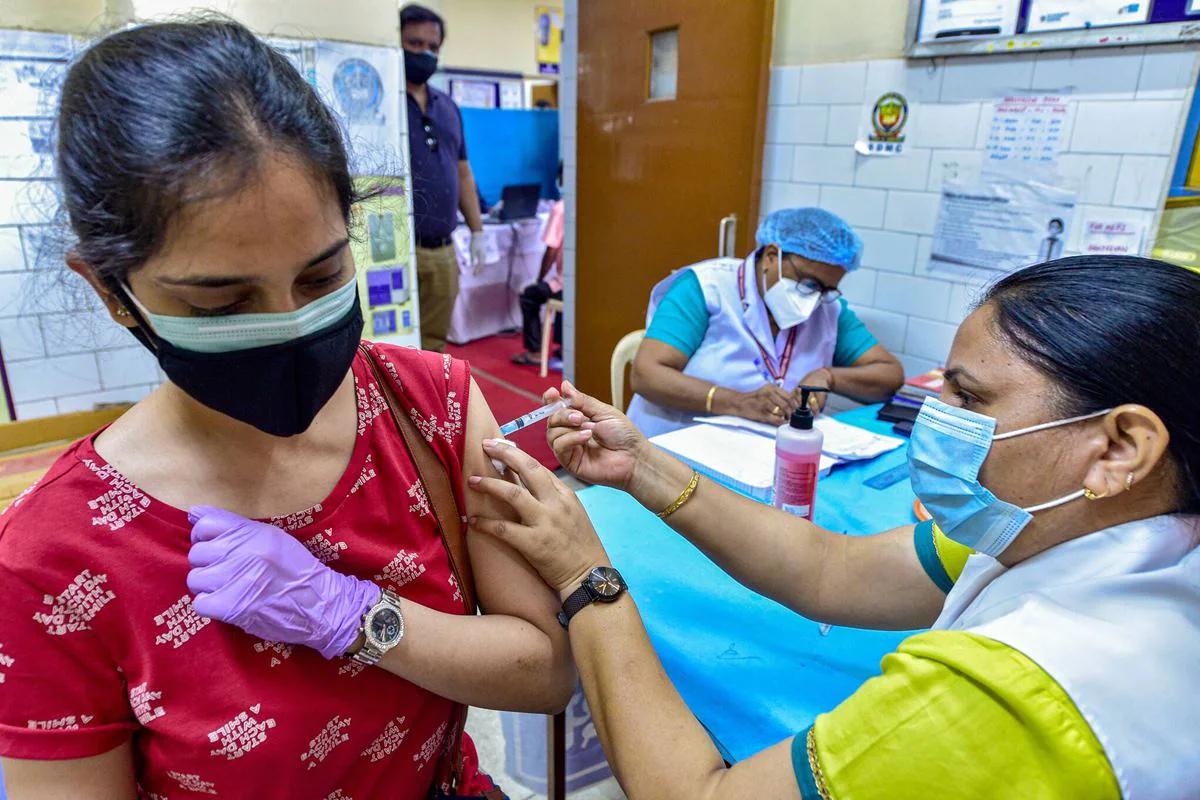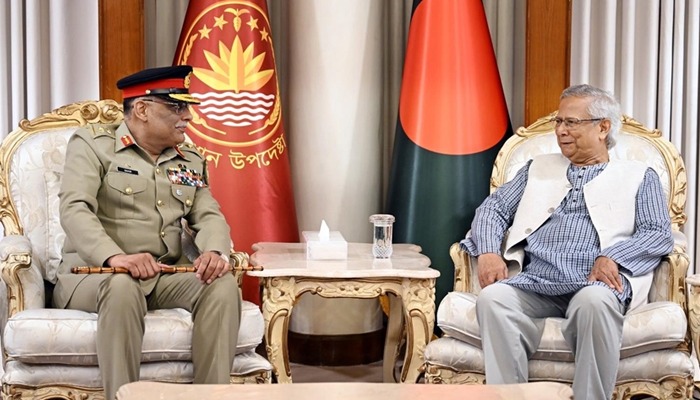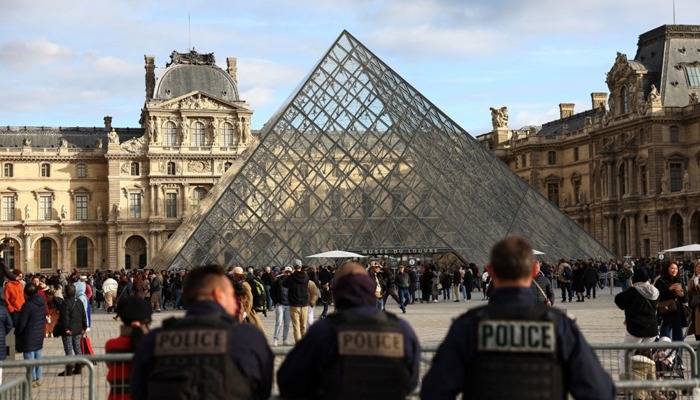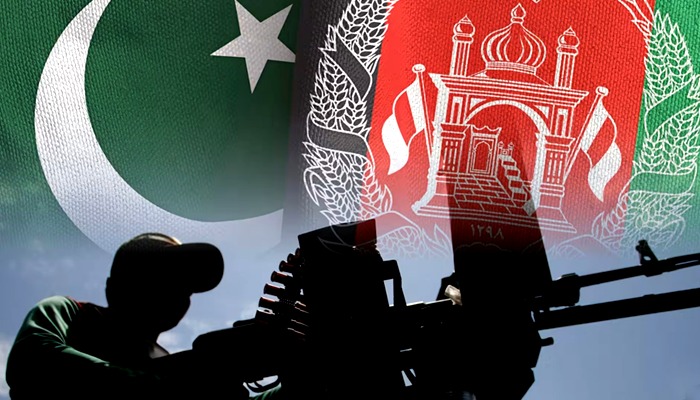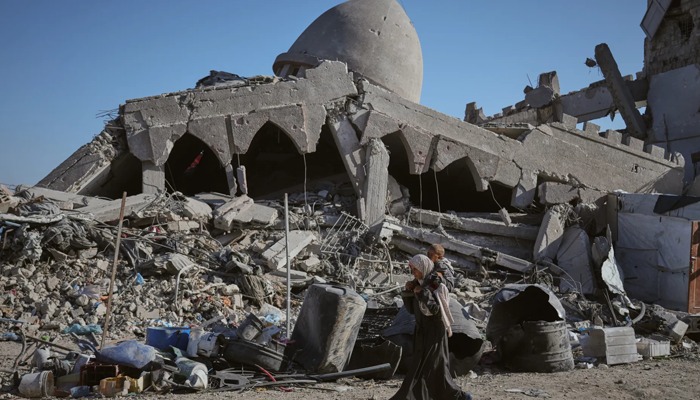- Travelers to India must now present a Covid-19 negative test record.
- India has increased surveillance.
- Experts say there is no immediate cause for concern.
Although the current Covid outbreak in China is “unlikely” to have an effect on India, experts warned that consumers should still exercise caution and wear masks.
In response to an increase in instances in China’s neighbour, India has increased surveillance.
Travelers to India from China and four other Asian nations must now present a Covid-19 negative test record.
Drills were conducted on Tuesday to see how well hospitals would handle a surge.
Only about 3,400 coronavirus cases are now active in India, according to government statistics. However, news of the rise in China and the two deadly Covid waves that hit India in 2020 and 2021 had many people on edge.
However, experts say there is no immediate cause for concern.
“The rise in infections in China is to be expected. Cases will increase if you have a susceptible population that hasn’t been exposed to the virus. For the rest of the globe, including India, nothing has changed “says epidemiologist and expert in health systems Dr. Chandrakant Lahariya.
Since abandoning its so-called zero-Covid strategy, which called for rigorous lockdowns, quarantining, and closed borders, China has struggled with an increase in Covid cases. As the case surge pressures healthcare facilities, the nation is now attempting to increase immunisations for its vulnerable senior population.
The increase has also prompted some specialists to question the ability of Sinovac and Sinopharm, the two primary vaccines used in China, to deliver long-lasting immunity.
“Because BF.7 [the Omicron subvariant that sources claim is driving the spike in China] is highly contagious and overcomes all prior immunity, people are becoming infected. Without immunity, you are more susceptible to illnesses that strike the elderly and those who have compromised immune systems “says Dr. Jacob John, a virologist.
Four cases of Covid-19 caused by BF.7 have been reported from India in the recent months; all four patients, according to health officials, have recovered.
“People are still becoming infected with Covid and being brought to hospitals. Covid is still present, but it has evolved into a different upper respiratory virus, similar to influenza “says Dr. Lalit Kant, an epidemiologist.
The immunity that Indians have already built up over the last three years is partly to blame for the low caseload in that country.
The majority of people in India have either received two doses of the vaccine or have developed natural immunity from having the disease previously, according to Dr. A. Fathahudeen, a well-known critical care specialist who has treated thousands of Covid patients.
Additionally, he emphasises that vaccines administered in India are “more effective than those used in China.”
More than 2.2 billion doses of the Covid vaccine, comprising both doses plus the booster shot, which India refers to as a “precaution dose,” have been provided in India to date.
Since just about 27% of the population has received the booster dose thus far, he advises individuals to do so if they haven’t already.
The majority of other specialists support this argument.
“The quantity of antibodies decreases over time. A third shot will therefore always be advantageous and raise the level of antibodies, “According to Dr. Lahariya, it’s useful for persons over 60.
“High-risk individuals in the 18-59 age group may receive boosters. Others receive it as a personal call, “He adds.
The government’s intention to accelerate genome sequencing, which enables researchers to find novel strains, is supported by experts as well.
According to Dr. Fathahudeen, the current testing method of random genome sequencing of 2% of international travellers is sufficient to detect any new variant.
“Expect the best and prepare for the worst,” advises Dr. John, is the finest maxim for the government and common citizens to live by.
“Make it a habit to wear masks in crowded settings,” he advises, “whether you’re on a packed bus or train, attending a football or cricket match.” He also suggests making “long-term, sustainable behavioural adjustments.”
Following a decline in infection levels, India loosened its mask-wearing regulations early this year, and it is now usual to see individuals in crowded places without any protection.
The key, according to Dr. John, is to “be cautious, wear a mask, and watch the news.”
Dr. Fathahudeen concurs, stating that excessive crowding should be discouraged and that, if it’s impossible to avoid huge gatherings, people should wear masks.
[embedpost slug=”india-develops-china-surge-covid-surveillance/”]

